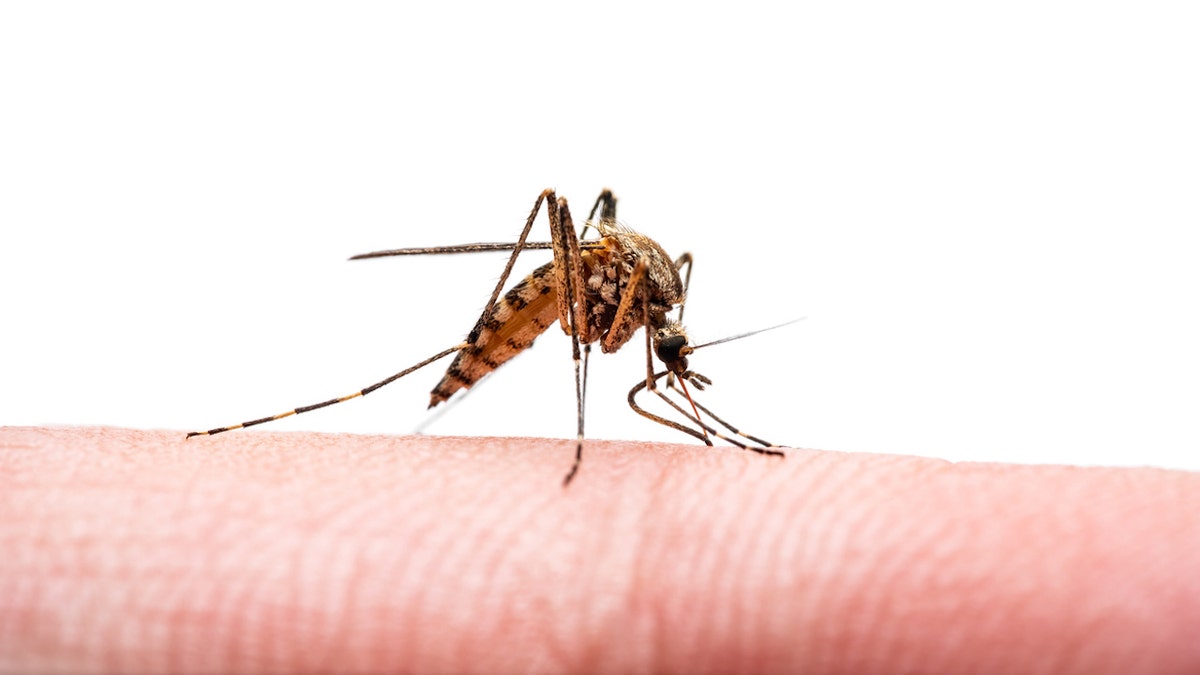Cases of airport and luggage malaria have increased in Europe, a new study found.
Research published last week in the journal Eurosurveillance surveyed 145 cases between 2018 and 2022 – 105 were classified as airport malaria and 32 as luggage malaria.
Despite a decline in travel due to the coronavirus pandemic, more than a third of all cases since 2000 occurred during this time, with a spike in 2019.
NEW YORK RESIDENT DIES FROM MOSQUITO-BORNE DISEASE AS EXPERTS WARN OF WIDENING RISK
The global research group defined airport malaria as an infection that’s acquired at or near an airport from the bite of an infectious mosquito that was transported from a malaria-endemic area.
Luggage malaria occurs when an infectious mosquito is transported in baggage and infects a person away from the airport.
Malaria is caused by Plasmodium malariae
In the study, 52 cases of airport malaria were reported in France, 19 were in Belgium and nine were in Germany. Most of these patients lived or worked near an airport.
A majority of those cases occurred between June and September.
“Although it is a real phenomenon, it is very rare and will remain so.”
Luggage malaria was more of a rare occurrence, with only 32 cases reported over the five-year study period.
Although France had the most cases at 23, the Paris Charles de Gaulle Airport was most often mentioned.

These findings highlight the need for effective prevention measures and surveillance of cases in Europe, according to the researchers.
They also recommended following WHO aircraft disinfection procedures.
CLICK HERE TO SIGN UP FOR OUR HEALTH NEWSLETTER
In response to the study, Fox News senior medical contributor Dr. Marc Siegel said that other insect-related risks are more concerning.
“People are more worried – and should be – about bedbugs hitching a ride on luggage,” he said in a conversation with Fox News Digital.
For more Health articles, visit www.foxnews.com/health
“The idea of malaria-ridden mosquitoes becoming an international health risk is a negative fantasy at best – it is not going to happen.”

The risk is low, Siegel noted, because non-endemic destinations are “not a mosquito’s natural habitat.”
“Although it is a real phenomenon, it is very rare and will remain so,” he said.
Malaria is a leading cause of death in developing countries, especially for children and pregnant women, according to the WHO.
In 2022, the disease caused 608,000 deaths and about 249 million clinical episodes. About 95% of those deaths were in the WHO African Region.
Fox News Digital reached out to the researchers for comment.
Read the full article here












